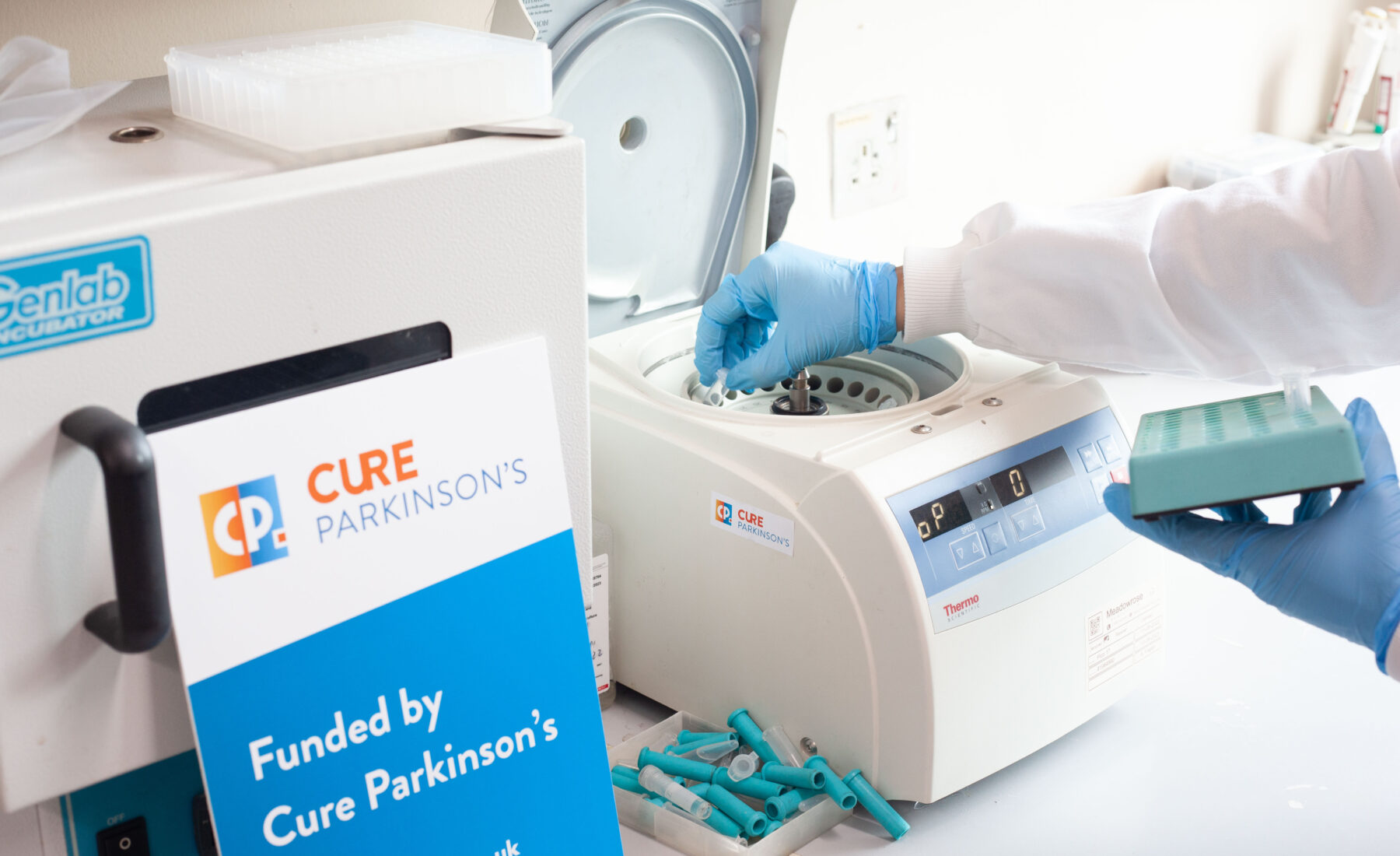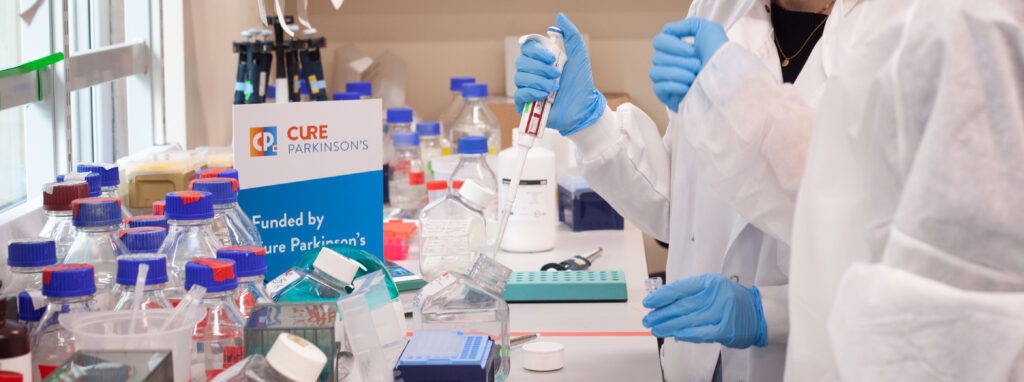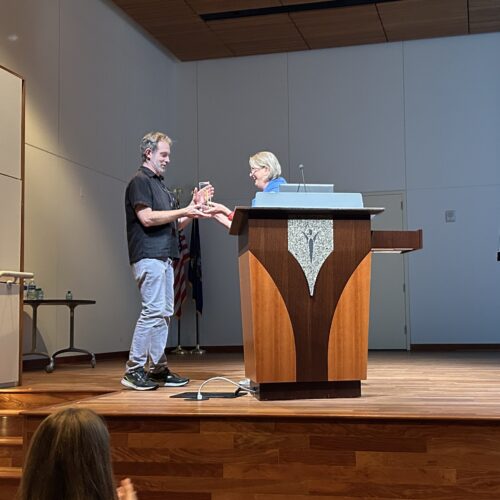Our two newest pre-clinical research projects

Cure Parkinson’s is pleased to announce the funding for two new pre-clinical projects as part of our annual iLCT Pipeline Research Acceleration Grant Programme.
In 2023, Cure Parkinson’s launched our second grant funding scheme: the iLCT Pipeline Research Acceleration Grant Programme. Unlike our open funding rounds, this programme involves Cure Parkinson’s taking an active role by commissioning the pre-clinical research necessary to move promising drugs closer to clinical trial. The drugs and objectives selected for this grant call are based on recommendations by our International Linked Clinical Trials (iLCT) committee, who meet annually to evaluate and prioritize potentially disease-modifying drugs for clinical testing in Parkinson’s.
Excitingly, this year we have awarded a further two grants to two research teams, who will be evaluating three iLCT-evaluated drugs in total. We hope the results of these studies will provide the necessary evidence to determine how and if these drugs should be studied further in Parkinson’s and look forward to seeing how they progress.

Probucol and chlorogenic acid
Dr Poonam Thakur from the Indian Institute of Science Education and Research (IISER) Thiruvananthapuram will be evaluating two drugs – probucol and chlorogenic acid – in pre-clinical models of Parkinson’s. Probucol, a medication currently used to treat high cholesterol, is suggested to reduce inflammation as well as improve issues with cell energy production – two drivers of dopamine nerve cell (neuron) loss in Parkinson’s. Chlorogenic acid is a compound found in coffee; researchers believe it may help reduce the build-up of alpha-synuclein, a protein thought to be a hallmark and driver of Parkinson’s progression.
Dr Thakur will be looking to see how well these drugs access the brain, if they protect neurons, and whether there are any differences in responses between sexes. This is our first project in India and we are excited to see how it progresses.
Carnosic acid
Dr Sinead O’Sullivan and Prof Donato Di Monte at the German Center for Neurodegenerative Diseases (DZNE) will be investigating whether carnosic acid can slow progression in models of Parkinson’s. Found naturally in sage and rosemary plants, carnosic acid is thought to act as an anti-oxidant; these are compounds able to protect cells from the harmful effects of molecules called “reactive oxygen species” (ROS). If levels of ROS rise too high, it may lead to something known as oxidative stress, which can cause cell damage and even trigger cell death.
Oxidative stress is thought to be another driver of neuron loss in Parkinson’s. Therefore, if a drug like carnosic acid is able to lower oxidative stress, it may be able to protect dopamine neurons and thus slow Parkinson’s progression. Dr O’Sullivan and Prof Di Monte will be looking for evidence for this, as well as exploring whether carnosic acid has any additional benefits on other Parkinson’s drivers, such as toxic alpha-synuclein build-up.




